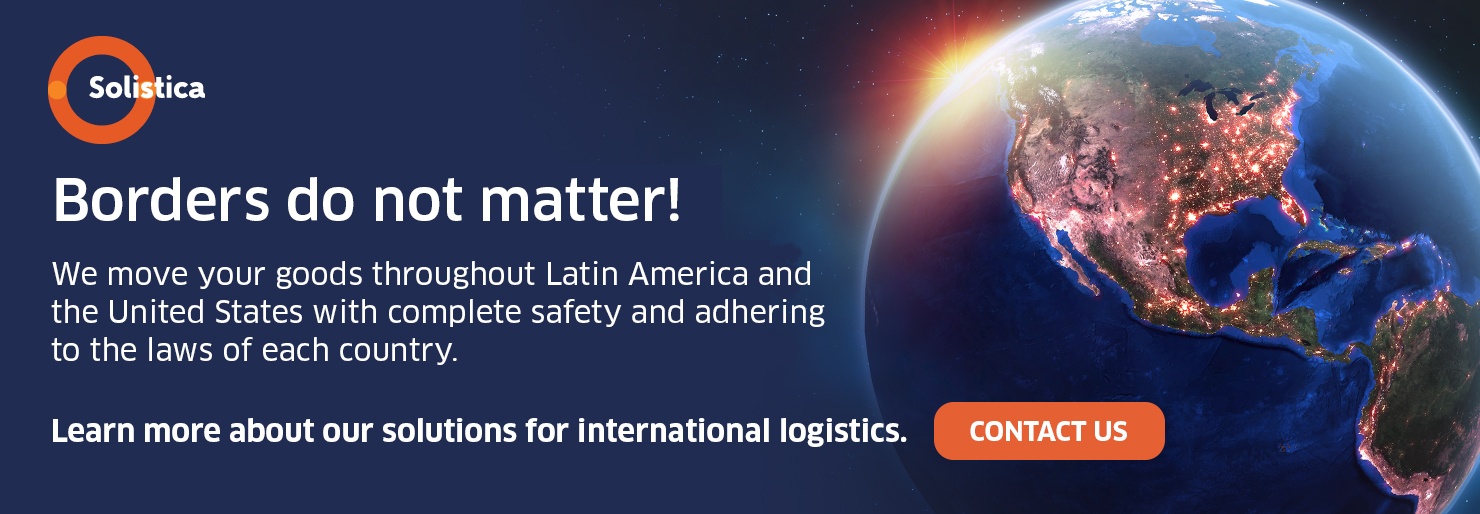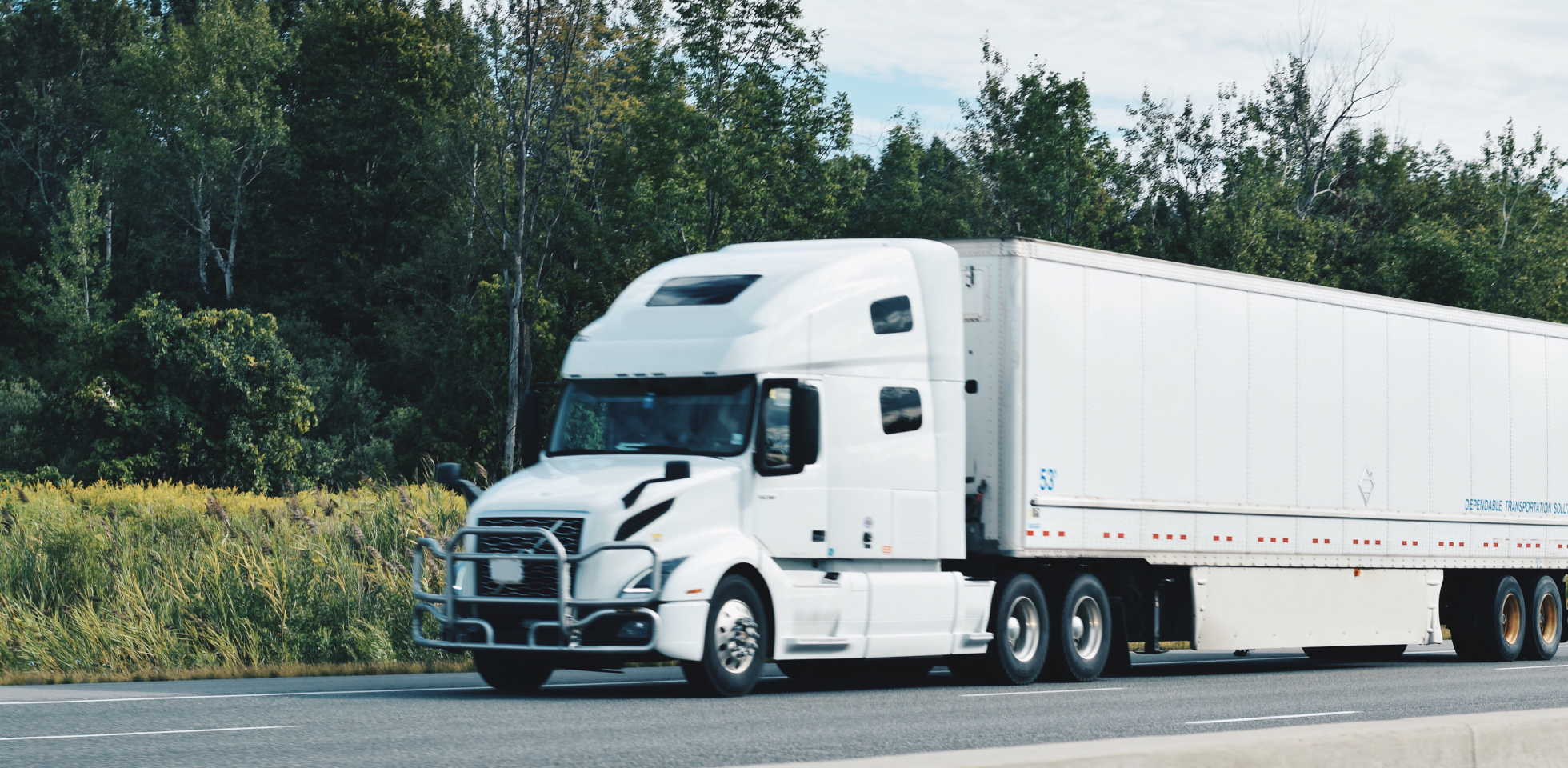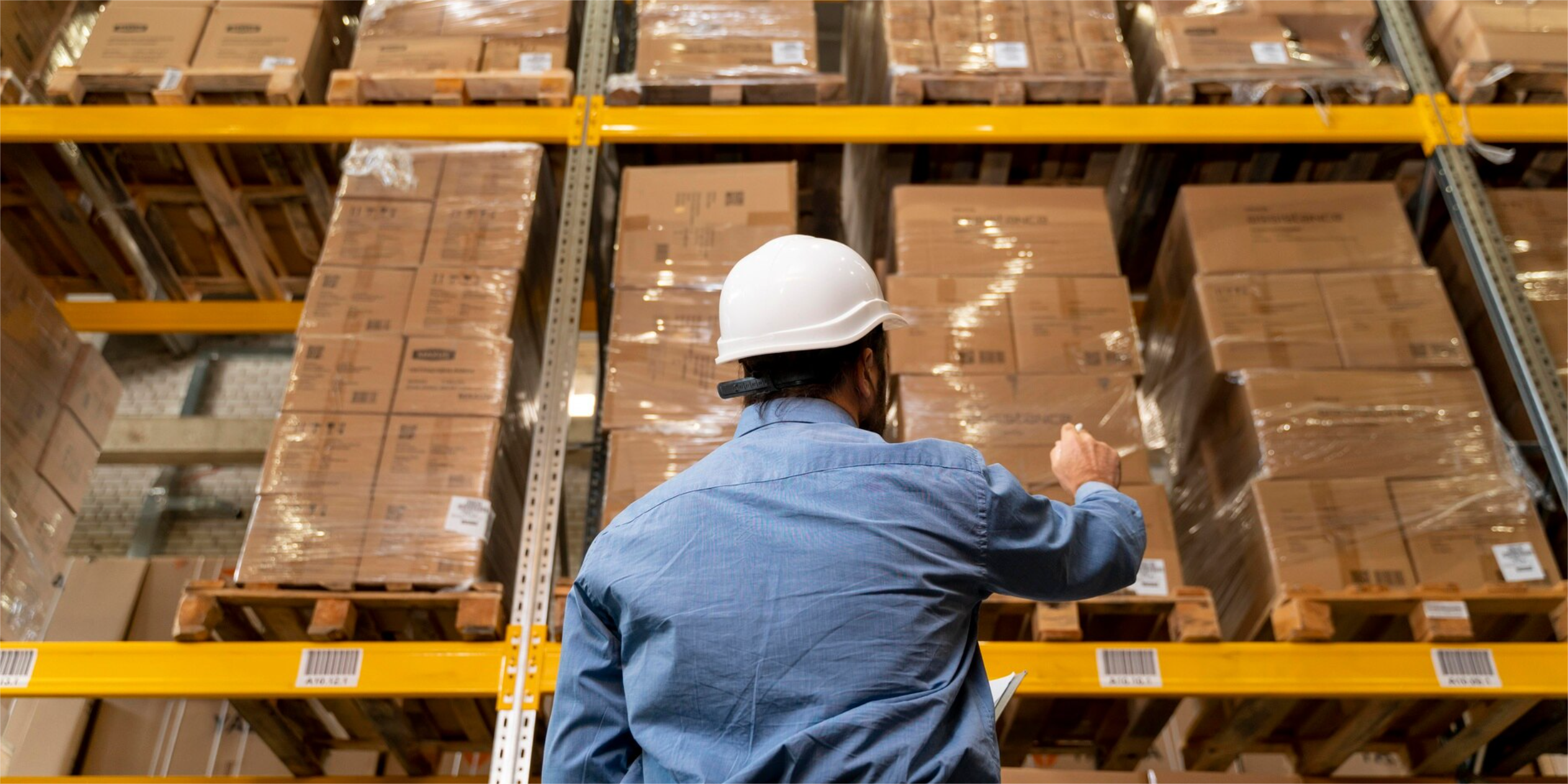Cross-border is the exchange of goods over a border. In the last years, global trade has caused a substantial increase in cross-border transportation, which, in turn, has created great opportunities for internationalization for companies of all sizes.
To achieve an efficient cross-border transportation, we need to find a logistics or freight company with proven experience, infrastructure to guarantee the transportation of goods in a trustworthy and uninterrupted fashion, and bilingual staff that works 24/7.
Likewise, companies must consider the following three points in their transportation strategy when they look to move goods internationally:
- Mexico – USA cross-border transportation units:
Trucks are the most common means of transportation in America; therefore, companies must look for companies offering this service, which is cheaper than air freight and quicker than shipping by sea.
- Cross-border transportation in the Southeastern Asia region:
Despite the complicated border conditions in Thailand, Malaysia, Indonesia, Singapore, and the Philippines, the demand for transportation and logistics services continue growing thanks to the region’s economic development. Ports in Thailand and Malaysia are good gateways to areas lacking developed port infrastructure.
- Land connections to Eastern Europe:
Western and Central Europe lack connections to Asia. In fact, these are considered as areas difficult to ship to. Nevertheless, Vienna is deemed as a good option to spawn a transportation network in these regions.
Challenges inherent to cross-border transportation
Trade deals have increased imports and exports across the globe; however, there are several challenges that cross-border freight companies must sort out, documentation being the main issue.
Because freighters must complete many loads, they must accurately state the classification, value, and country of origin of the products and they must do so in several languages. If the documentation process is not carried out correctly before shipping, it most certainly will cause delays of days or weeks at customs, which will possibly result in clients not getting their refunds and original sellers not getting the goods back
Other challenges in cross-border trade are a lack of visas and permits for drivers, a wrong calculation of the demand in specific markets, settling refunds, and sales through multiple channels with varied requirements.
How to choose a cross-border freighter?
The following are some of the capacities we must consider when choosing a cross-border supplier:
- Safety: this means how safely suppliers handle the cargo and cross the border, the reputation of the brand, and how much time is saved in the transportation of goods. It includes monitoring and tracking technology, warnings, certified drivers, fleet maintenance, planning of safe routes, and liability insurance for cargo.
- Assets: this means the ability to quickly take control of the cargo to secure savings in both time and money. The best suppliers invest on their own vehicles and equipment and ensure their availability.
- Local Representation: this means knowing the countries, routes, customs procedures, and local businesses to guarantee quick and efficient solutions.
- Multimodal Options: this means considering intermodal alternatives according to location, delivery terms, volume, frequency, and being able to respond to adverse weather and political conditions.
- Experience in cross-border transportation: this means choosing a company with years of experience in international shipping; a company that knows how to deal with the complexities that may arise.
What are some of the benefits of global shipping?
- Delivery cost savings
- Improve delivery times
- Improve customer experience
- Reduced inventory costs
%20(2)%20trad%20rev%20final%20714%20palabras.jpg?width=2500&name=Uso%20servicios%20de%20cross%20border%20para%20evitar%20devoluciones%20V2%20(1)%20(2)%20trad%20rev%20final%20714%20palabras.jpg)
It is possible to achieve efficient operations in different markets; nevertheless, it means designing optimal transportation models that consider the latest customs and transit regulations.
To manage cross-border trade, we need to hire the services of a logistics company that offers reverse logistics and refunds management solutions to lower the costs of returns and to increase profit margins. In this fashion, returns may even become a competitive advantage.
Solistica aims to offer high-quality cross-border services, integrating warehousing and distribution services as well as coordinating the cross-border, transfer, and customs procedures.
*This blog was originally published on March 18 2019 and modified on May 14 2022.







